Mozambique: Cleft lip a serious, widespread health problem - NGO
Insurgency in Cabo Delgado: Pemba is changing with the arrival of IDPs
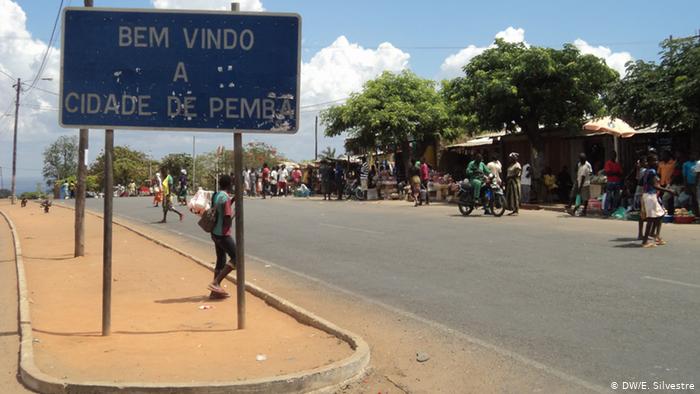
File photo: DW
Thanks to the families of Pemba, many internally displaced persons (IDPs) have a roof over their heads. The city is busier, and there are many people without employment. “We just don’t see it more because of the state of emergency,” says Bishop Dom Luiz Fernando Lisboa.
The upsurge in armed attacks in northern Mozambique is forcing people to seek refuge in regions with greater security.
Pemba, the capital of Cabo Delgado province, has been a safe haven for many families, who arrive without any means of survival. Here, they find some relief thanks to the support of people of goodwill and NGOs. We talked to the Bishop of Pemba, Dom Luiz Fernando Lisboa, about welcoming internally displaced people.
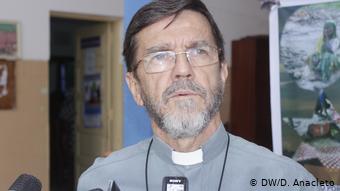
DW Africa: How is the reception of IDPs in the city of Pemba going?
Luiz Fernando Lisboa (LFL): At the moment, there is talk of over 250,000 internally displaced people. The entire province of Cabo Delgado – in the districts where there are no armed conflicts, whether in the southern or central region and also here in Pemba and the neighbouring region – is full of displaced people. Since the beginning of the year and the attacks on large villages, the city of Pemba has received many displaced people. Almost all Pemba families, more than half of Pemba families, are hosting one, two or three [displaced] families. Pemba families have shown great openness of heart by opening their homes and lives to people in need.
DW Africa: Have you noticed a change in the social fabric of Pemba with the arrival of the displaced?
LFL: It is easy to see. We see a lot of people in the neighbourhoods – we see it very well. It is not more obvious because of the state of emergency. Many institutions are not working, churches are not open, nor schools. But, if there is a return to school, it will be very clear, because there are a number of children and young people here in the city who must be admitted by schools. It will not be possible to close schools to anyone. So, this will be demonstrated very clearly on the return to school. And, of course, the number of people walking around the city who have no occupation, who have no jobs, this can already be seen in both the [surrounding] neighbourhoods and in the city.
DW Africa: The authorities recently launched a project to promote peace in Cabo Delgado, with support from Japan and the United Nations Development Program (UNDP). It aims to promote, among other things, conflict prevention mechanisms and institution building. What do you expect from this project if we consider the intensifying tof he insurgency there?
LFL: Any project that aims to promote peace, mechanisms that aim at preventing conflicts and strengthening institutions is very welcome. Hopefully this project from Japan and UNDP will work very well and help many people. We still need other projects that aim to take care of the absurdly large number of people who need to be helped at this time. The most important thing is food. But it’s not just food; there are many types of help that these people need. So these projects, when they are well designed, when they are put seriously into practice, are welcome and do help. Our people are in dire need of this help and, if we get together with the government to help these people, this is very important.




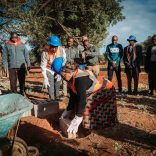
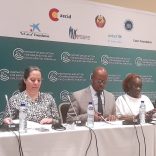
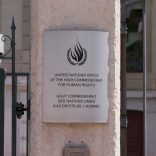





Leave a Reply
Be the First to Comment!
You must be logged in to post a comment.
You must be logged in to post a comment.